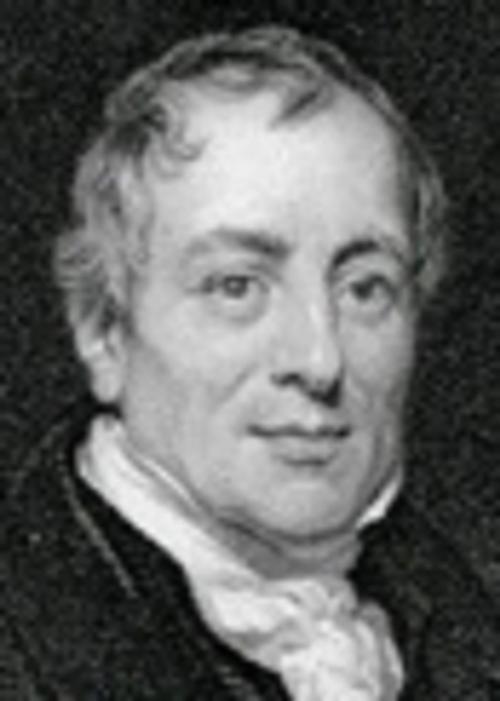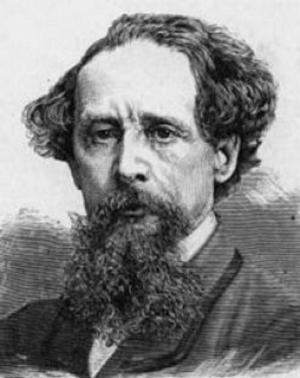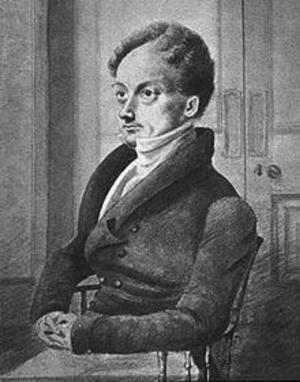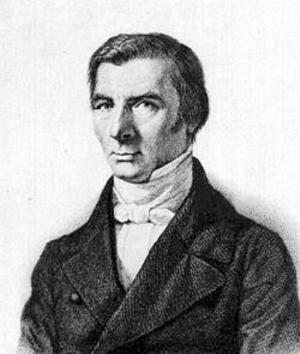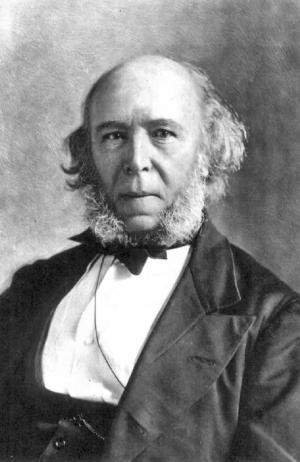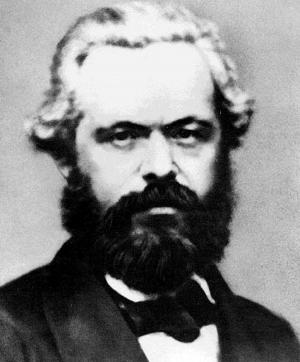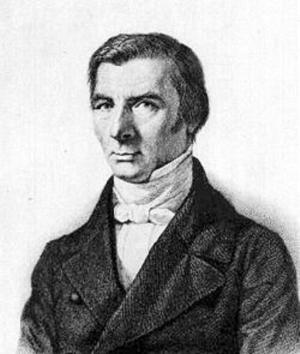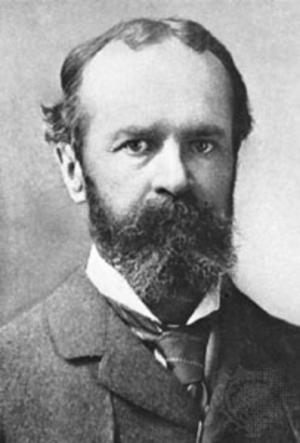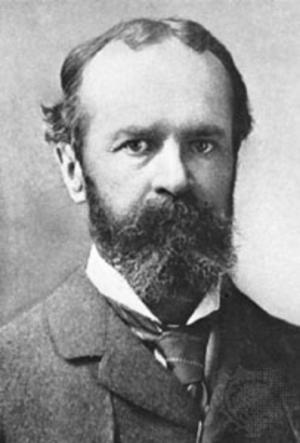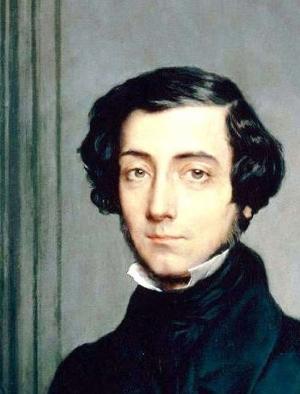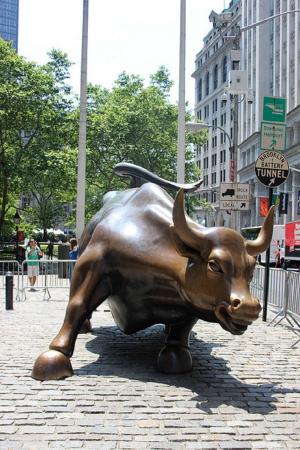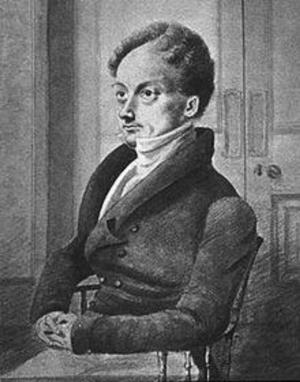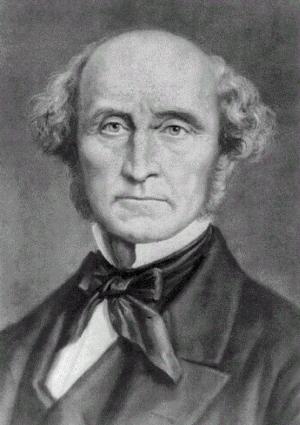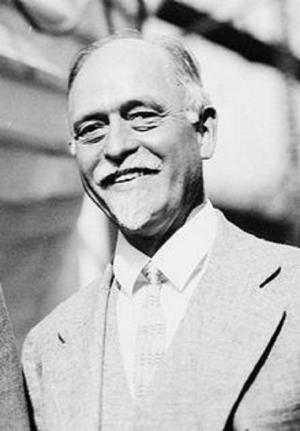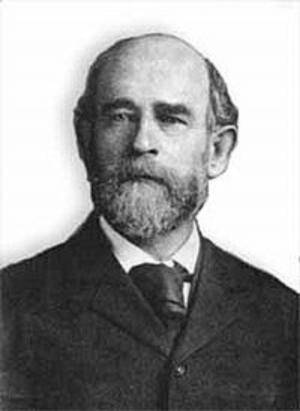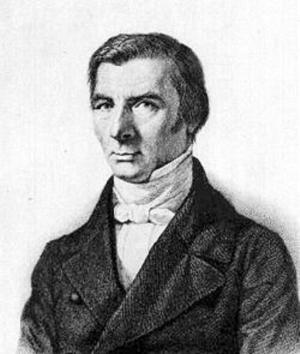David Ricardo Collection on Values, Profits, Taxation, and Principles of Political Economy (Illustrated)
Business & Finance, Economics, Macroeconomics, Theory of Economics| Author: | David Ricardo | ISBN: | 1230000273542 |
| Publisher: | AS Team | Publication: | October 11, 2014 |
| Imprint: | Language: | English |
| Author: | David Ricardo |
| ISBN: | 1230000273542 |
| Publisher: | AS Team |
| Publication: | October 11, 2014 |
| Imprint: | |
| Language: | English |
The book has an active table of contents for easy access to each chapter of the following titles:
1. On the Principles of Political Economy, and Taxation – David Ricardo
2. An Essay on Profits – David Ricardo
David Ricardo made essential contributions to classical economics and he has been called the most influential classical economist along with Adam Smith, Thomas Malthus, John Stuart Mill, and Karl Marx. He contributed many aspects of economics as the follows:
1. Labor theory of value.
2. Exchange value
3. Value in use
4. Accumulation of inequality
5. Comparative advantage
Ricardo’s most important legacy is his theory of comparative advantage. He told the world that a nation should concentrate solely on those industries in which it is most internationally competitive and trades with other countries to obtain products which are not produced nationally. Ricardo's theory of comparative advantage has been remained the corner stone of the arguments in favor of international free trade.
However, what most people do not know is that Ricardo seeded the foundation of value invest theory that was further developed, practiced, and delivered by Benjamin Graham, Philip Arthur Fisher , and Warren Edward Buffett. Investing made Ricardo extraordinarily rich and at the time of his death his fortune was estimated at about £600,000 that is equivalent to US $100,000,000 today.
Ricardo promoted free trade, hard money, the laws of comparative advantage and more economic principles of rent, profit, and wages now widely accepted today. Although Ricardo’s ideas seemed outrageous at the time, studying his theory will help us better understand the root of value investing as well.
This is a must-read book for people who are also interested in the deepest thoughts and views about the core subjects of value investing such as comparative advantage (competition edge), rent ( cost), profit (earning power), and wages ( cost) by David Ricardo, one of the greatest thinkers on the planet.
The book has an active table of contents for easy access to each chapter of the following titles:
1. On the Principles of Political Economy, and Taxation – David Ricardo
2. An Essay on Profits – David Ricardo
David Ricardo made essential contributions to classical economics and he has been called the most influential classical economist along with Adam Smith, Thomas Malthus, John Stuart Mill, and Karl Marx. He contributed many aspects of economics as the follows:
1. Labor theory of value.
2. Exchange value
3. Value in use
4. Accumulation of inequality
5. Comparative advantage
Ricardo’s most important legacy is his theory of comparative advantage. He told the world that a nation should concentrate solely on those industries in which it is most internationally competitive and trades with other countries to obtain products which are not produced nationally. Ricardo's theory of comparative advantage has been remained the corner stone of the arguments in favor of international free trade.
However, what most people do not know is that Ricardo seeded the foundation of value invest theory that was further developed, practiced, and delivered by Benjamin Graham, Philip Arthur Fisher , and Warren Edward Buffett. Investing made Ricardo extraordinarily rich and at the time of his death his fortune was estimated at about £600,000 that is equivalent to US $100,000,000 today.
Ricardo promoted free trade, hard money, the laws of comparative advantage and more economic principles of rent, profit, and wages now widely accepted today. Although Ricardo’s ideas seemed outrageous at the time, studying his theory will help us better understand the root of value investing as well.
This is a must-read book for people who are also interested in the deepest thoughts and views about the core subjects of value investing such as comparative advantage (competition edge), rent ( cost), profit (earning power), and wages ( cost) by David Ricardo, one of the greatest thinkers on the planet.
